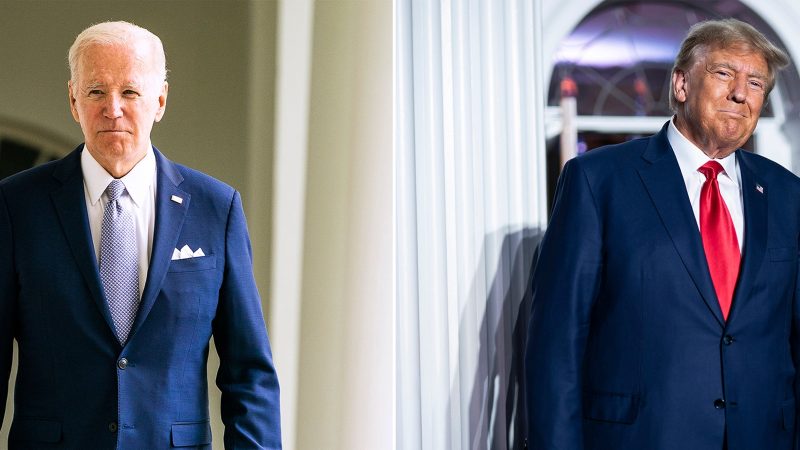The Trump-Biden Battle Over the 2017 Tax Cut
The 2017 tax cut has become a focal point in the ongoing battle between former President Donald Trump and current President Joe Biden. This significant piece of legislation, officially known as the Tax Cuts and Jobs Act (TCJA), was signed into law by Trump in December 2017. It brought about sweeping changes to the U.S. tax code, affecting individuals, businesses, and the economy as a whole.
Under the TCJA, the corporate tax rate was reduced from 35% to 21%, a move aimed at making U.S. businesses more competitive globally and stimulating economic growth. Proponents of the tax cut argued that it would lead to increased investment, higher wages, and job creation. Additionally, the legislation made significant changes to the individual tax code, including lowering tax rates for most income brackets and doubling the standard deduction.
While the tax cut was lauded by many Republicans and businesses as a boon to the economy, it also faced criticism from Democrats and some economists. Opponents of the TCJA argued that the bulk of the benefits went to corporations and the wealthy, with little trickle-down effect to the average American. They pointed out that the tax cut disproportionately favored large corporations and the top income earners, exacerbating income inequality.
The Trump administration touted the tax cut as a major success, claiming that it had led to significant economic growth, record-low unemployment rates, and a booming stock market. Trump and his supporters argued that the TCJA had unleashed the potential of the U.S. economy and benefited workers across the country.
On the other hand, President Biden and Democrats have criticized the 2017 tax cut, characterizing it as a giveaway to the wealthy and corporations that added trillions to the national debt. Biden has proposed rolling back some of the provisions of the TCJA and raising taxes on corporations and high-income individuals to fund his ambitious infrastructure and social spending plans.
The battle over the 2017 tax cut is emblematic of the broader ideological divide between Republicans and Democrats on tax policy and economic priorities. While Republicans generally support lower taxes and less government intervention in the economy, Democrats advocate for a more progressive tax system that aims to address income inequality and fund social programs.
As the debate over the impact of the 2017 tax cut continues, it remains to be seen how the Biden administration will navigate the legacy of this significant piece of legislation. The outcomes of this ongoing battle will shape the future of tax policy in the United States and have far-reaching implications for the economy and American society as a whole.

